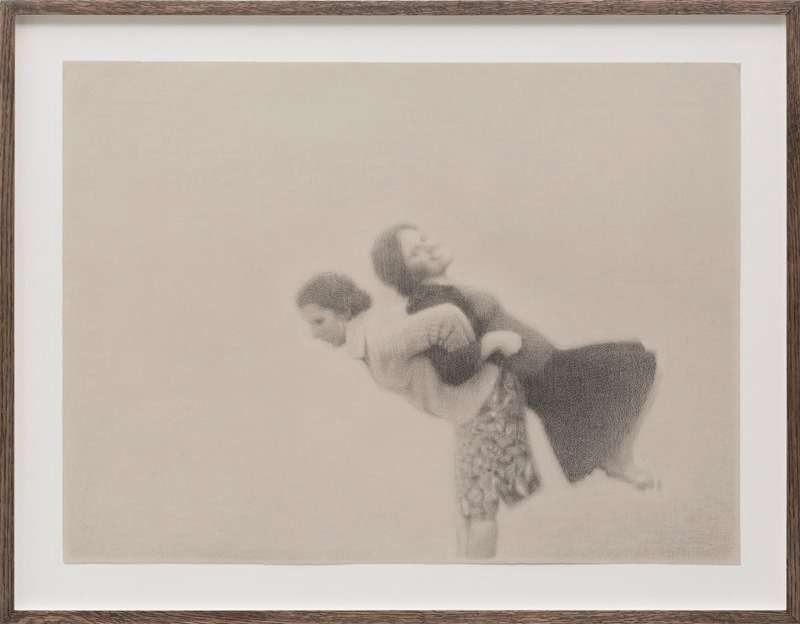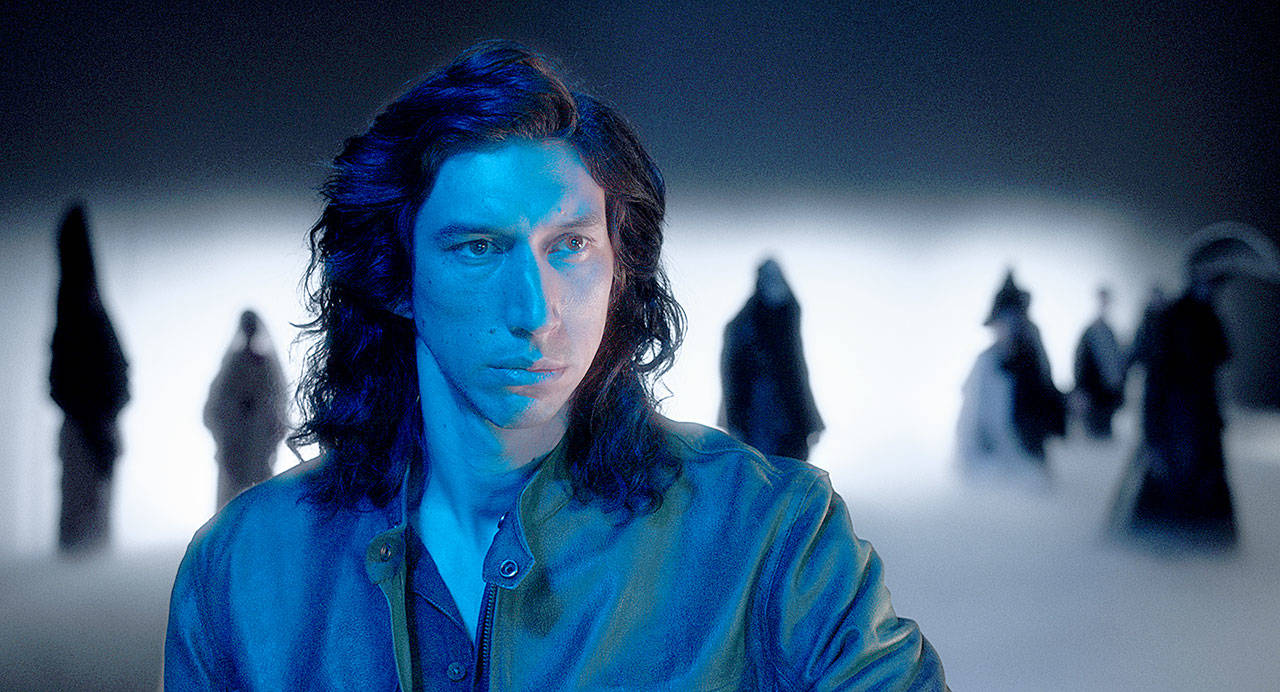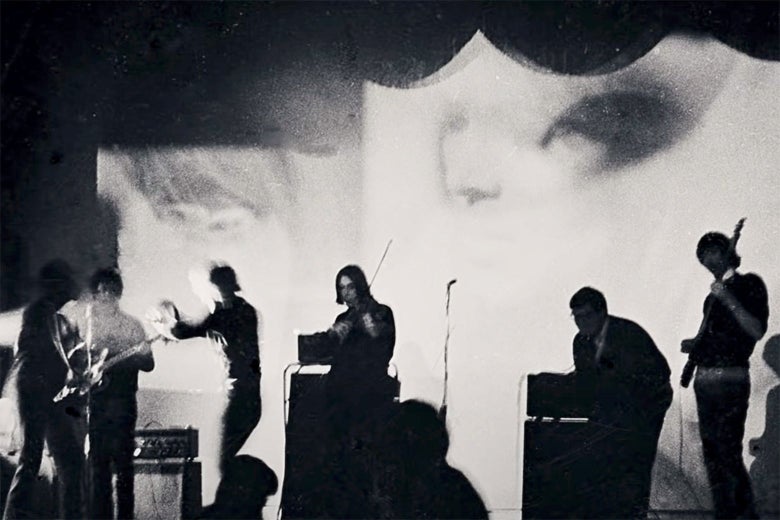Spring in Fialta
A malign star kept him
Oh, I don't think it's absurd at all. 30 directors could direct the same script and you'd have 30 completely different films - the language is visual/auditive. Just like 30 writers could write 30 different books about the same basic story - the original anecdote wouldn't matter much in the results.
I 95% agree with that. My point rests on the fact that screenplays aren't interchangeable and that what would drive one director to make that or this particular artistic move - a move that is entirely their own - are inherently affected by the words and moves written on paper, and can't be dismissed for reasons that are beyond most human understandings of what makes one tick. Context is everything and you can never ignore the original root, which ultimately always belongs to the screenwriter.
To use an easy example of a movie whose affection we both share, Last Year at Marienbad's distinct voice owes as much as to Resnais' particular technical skills as it does to Robbe-Grillet's writing, but I strongly doubt that the former makes the same movie with a screenplay that holds the same story but written by a different screenwriter.
Last edited:



/cdn.vox-cdn.com/uploads/chorus_image/image/70154252/Procession_00_06_27_13.0.png)



